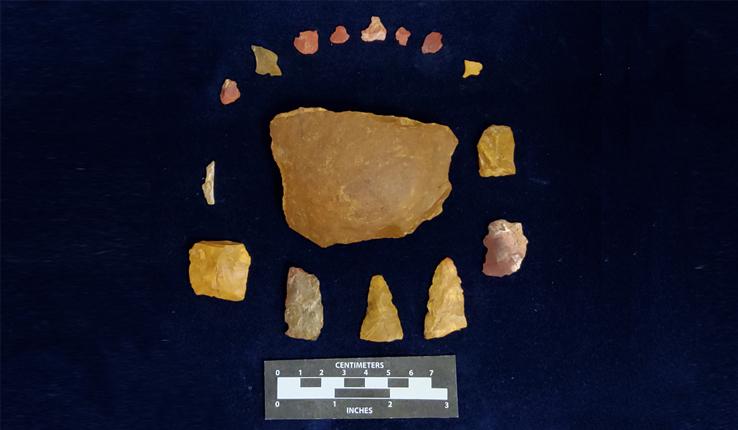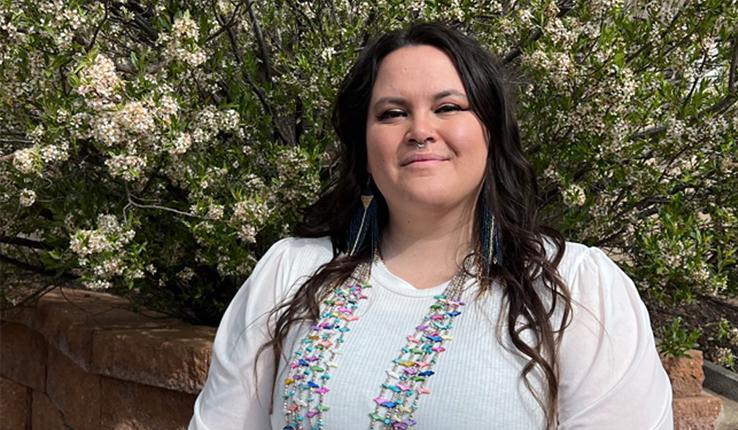The tormenting last words of George Floyd were “Mama” and “I can’t breathe.”
Lehigh’s College of Health shares in the sadness and outrage over the murders of George Floyd, Breonna Taylor, Jason Pero, Tony McDade, and Ahmaud Arbery. These are but a few examples of a long history of senseless murders of Black, Brown, and Indigenous people at the hands of police.
Racism is a public and population health crisis. Systemic, structural, and institutional prejudices and biases, misguided and misinformed governmental agencies and policies, and antiquated pseudoscientific notions of race underlie this health crisis. A population health response is needed, and that requires participation from all parts of society.
The College of Health is dedicated to realizing health equity and working with partner organizations at the local, state, tribal, national, and global levels. As a new College, promoting health equity and antiracism is at the heart of our educational, research, and community partnership programs, including established, evolving, and future community partnerships. We are committed to action to address the health inequities for our Black, Brown, and Indigenous community members.
We demand justice and accountability as we intensify our efforts to counter racism and police misconduct and promote health equity and social reform. Let’s work together to look at ourselves, be upstanders for positive change, demand police accountability, and address racism as a public and population health crisis.
Your place in population health strengthens our voice. Know that your voice not only matters—it is critical.
Sincerely,
The Staff, Faculty and Leadership of the College of Health
Sherry Buss
Hyunok Choi
Sean Daley
Christine Daley
Ed Gomez
Jeanne Kassis
Tom McAndrew
Hal Skinner
Fathima Wakeel
Whitney P. Witt
Resources:
- Lehigh LTS Diversity & Inclusion Committee: Antiracism Resources
- Lehigh Libraries Antiracism Resources
- Lehigh inclusion Message and Antiracism Resources
- Lehigh News COVID-19: The Impact of Race on Health Outcomes
- APHA’s Racism and Health page: https://www.apha.org/topics-and-issues/health-equity/racism-and-health (you can tweet/share the Alias, which is apha.org/racism
- APHA’s new webinar series, Advancing Racial Equity: https://apha.org/events-and-meetings/webinars/racial-equity (also has an Alias you can share, which is apha.org/racial-equity)
- APHA’s Health Equity page: https://apha.org/topics-and-issues/health-equity
- APHA’s COVID-19 and Equity page: https://apha.org/topics-and-issues/communicable-disease/coronavirus/equity
- Public Health Newswire health equity posts: http://publichealthnewswire.org/?cat=health-equity




